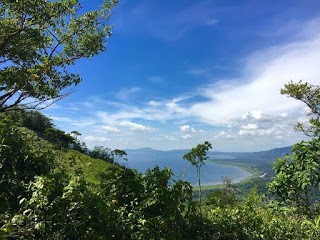Reflections on Belize
Written by Luke Rohlwing, MD, PGY4 at Kaiser Permanente Oakland Internal Medicine Program while on Global Health rotation with Hillside Health Care Center in Eldridge, Belize in February-March 2016.
I had never traveled to a developing country prior to my trip to Belize. Prior to embarking, I naively thought that the combo of my upbringing in a lower-income rural town in the Midwest, and later travel and studying abroad in Europe, were the right combination to prepare me for my trip. Although my prior time outside the U.S. was mainly in developed nations, I was a seasoned traveler and well-prepared for a good amount that I might encounter, whether it be socially or culturally. What I hadn’t considered though, is despite having worked with underserved populations and communities back home, this was the first time I had ever traveled outside the U.S. to serve as a physician.
The connecting flight on a twin engine prop plane – the type where a form asks for your weight before getting on so they can pre-assign your seat to distribute weight properly – and the seven-hour school bus ride along the length of the country were both new to me, but were a strangely exciting welcome. However, I recall being struck by the reality of my location and situation when the bus pulled to the side of the road to let me and a colleague off in what I could best describe as farthest-suburb-of-distant-city meets dense jungle. My caution was also slightly heightened when the bus driver gave the directions of “walk up that (gravel and dirt) road a little ways and you’ll find the clinic.” What had I gotten myself into?
